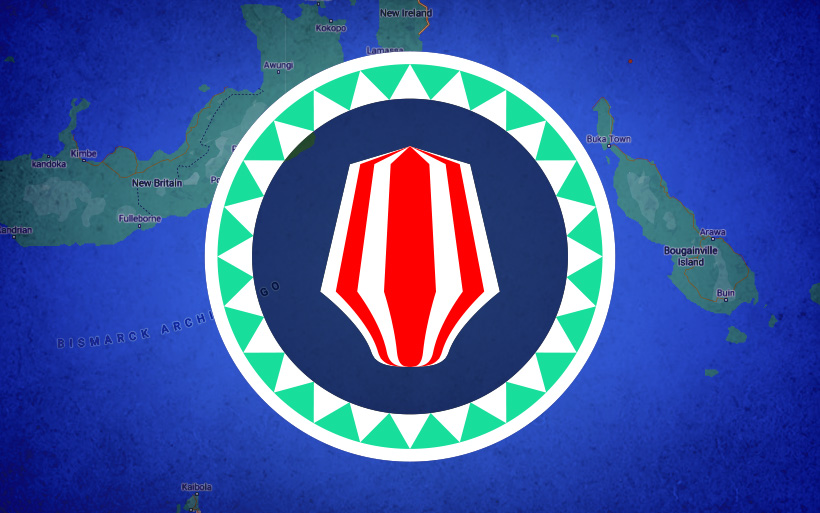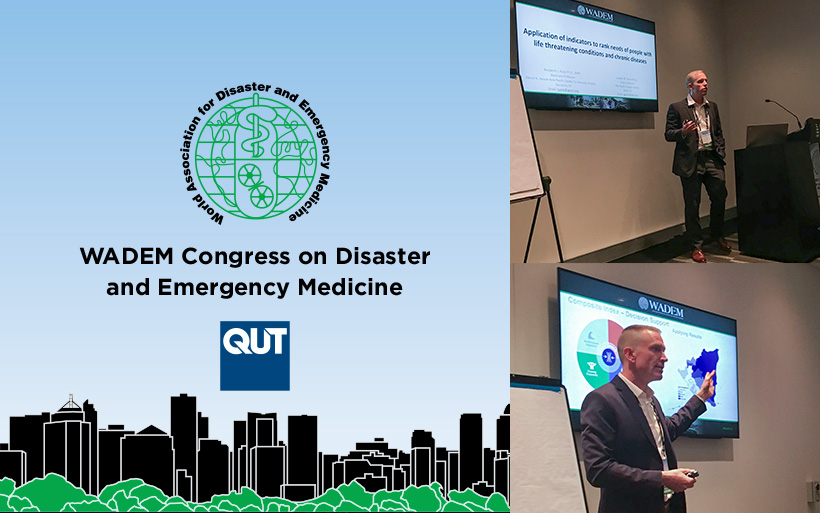Strengthening Shared Understanding Among the Partners in the Blue Pacific and Pacific Islands: Illegal, Unreported and Unregulated Fishing (IUUF) and Maritime Domain Awareness (MDA)
The text of this statement was released by Australia, Canada, Germany, Japan, Republic of Korea, New Zealand, the United Kingdom, and the United States. Strengthening Shared Understanding Among the Partners in the Blue Pacific and Pacific Islands: Illegal, Unreported and [...]










